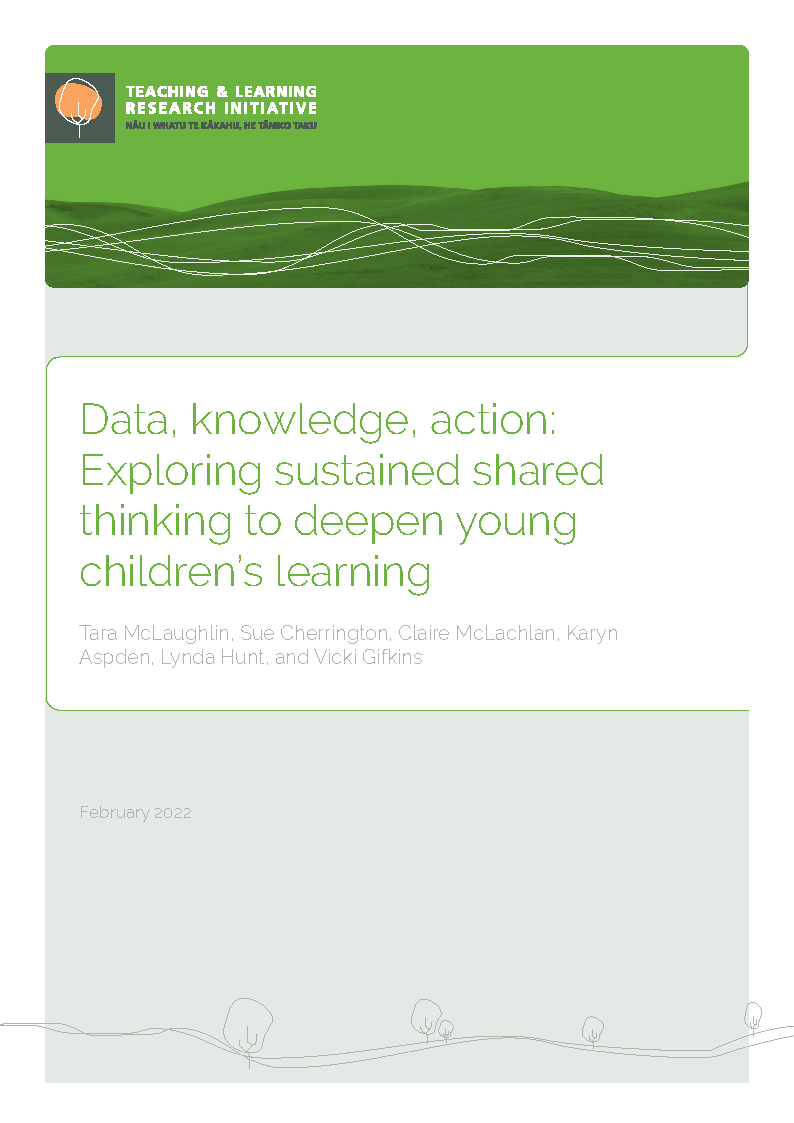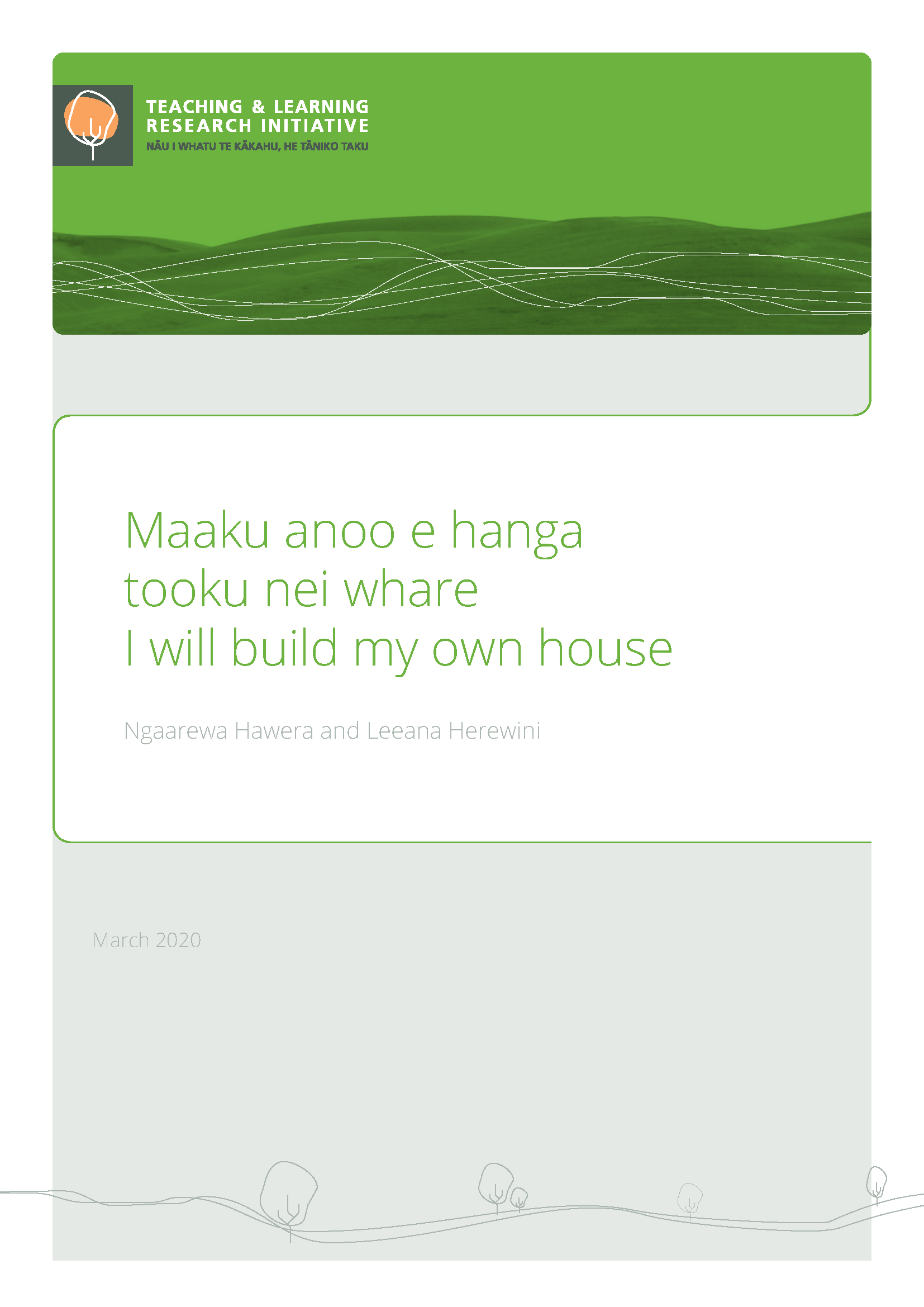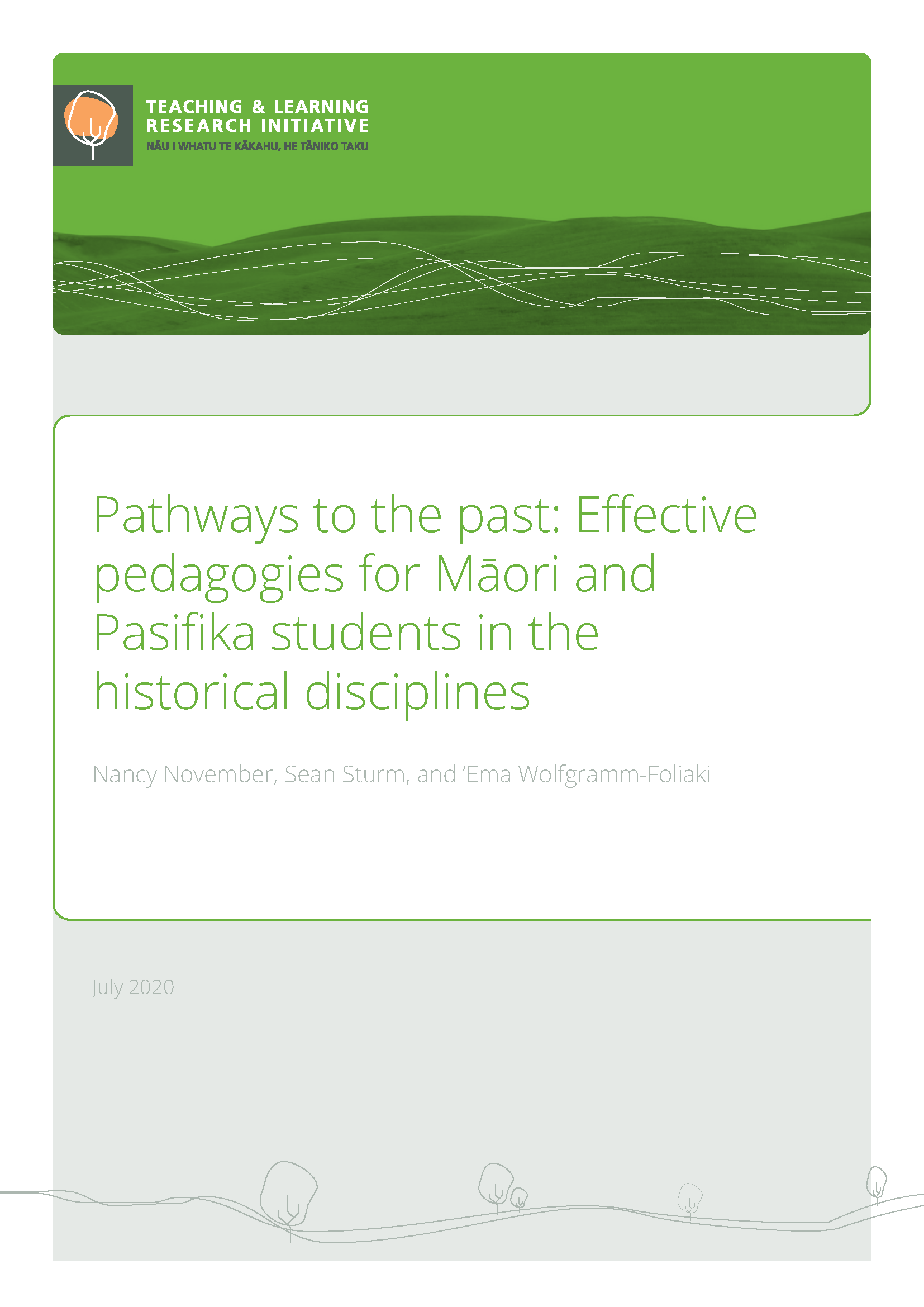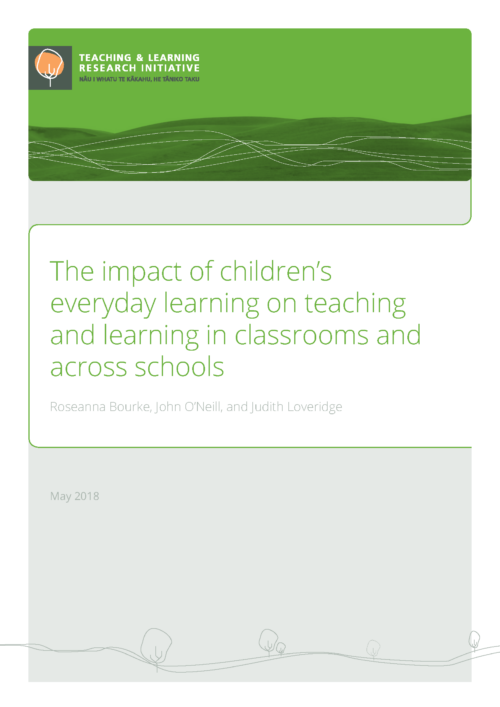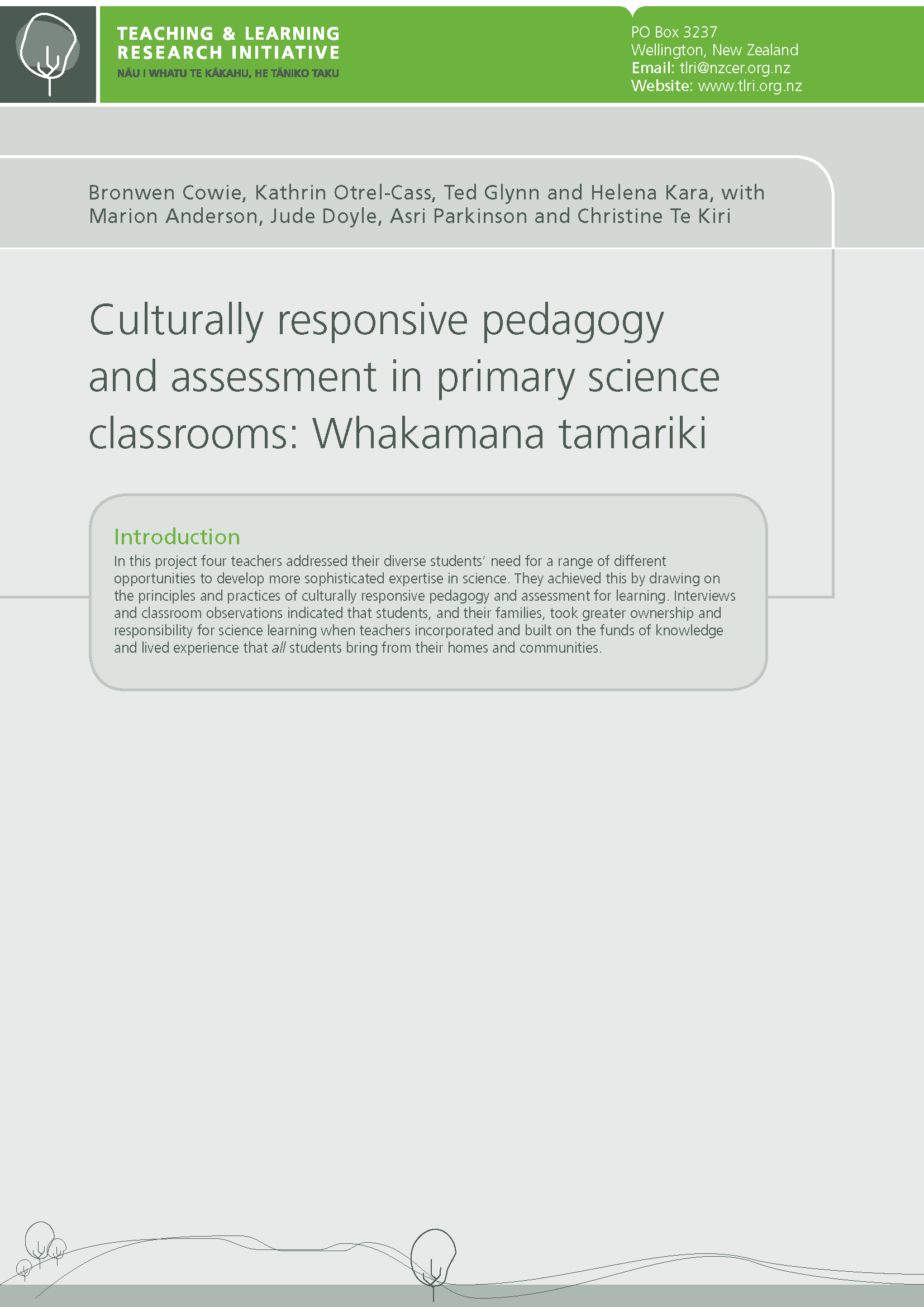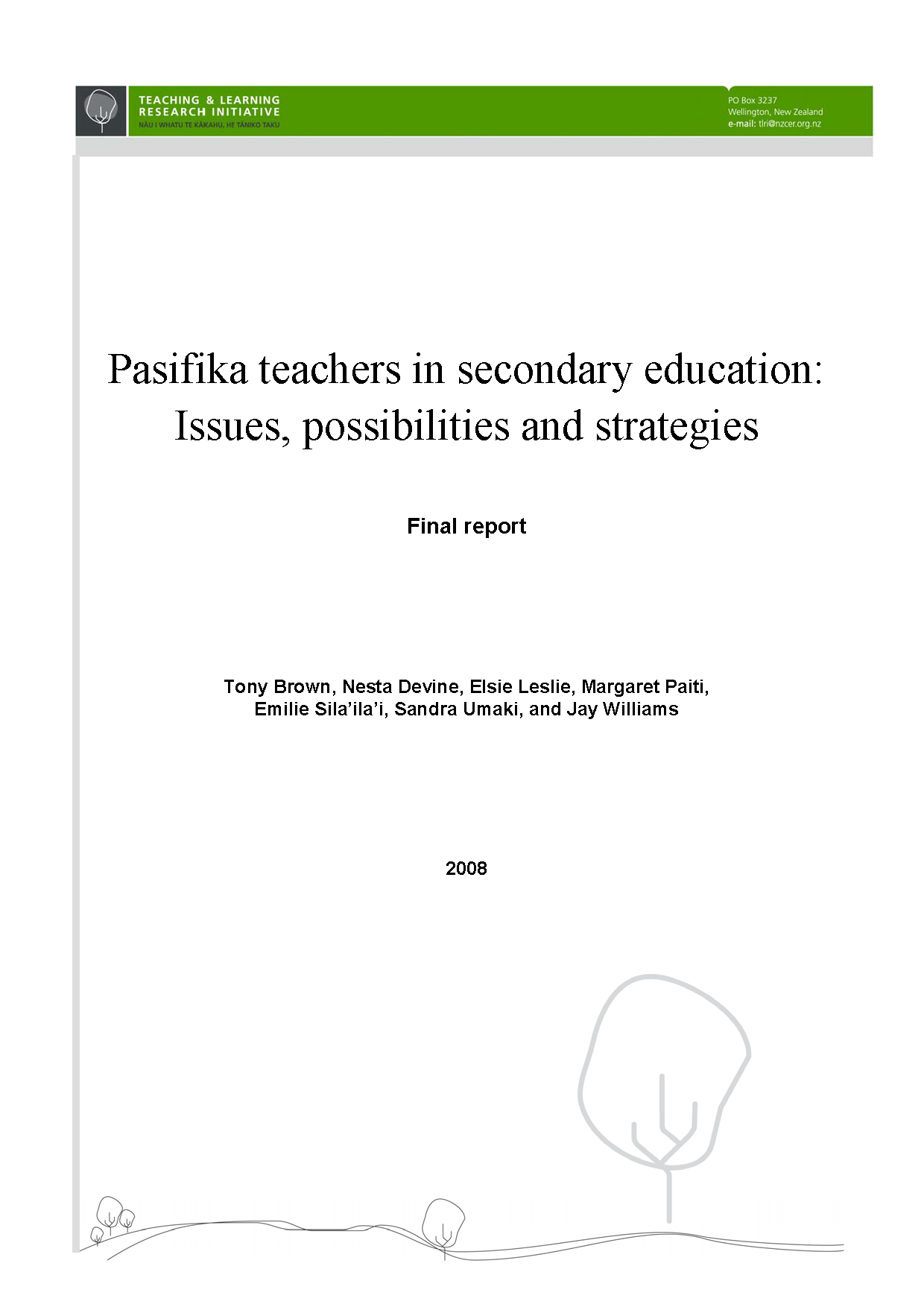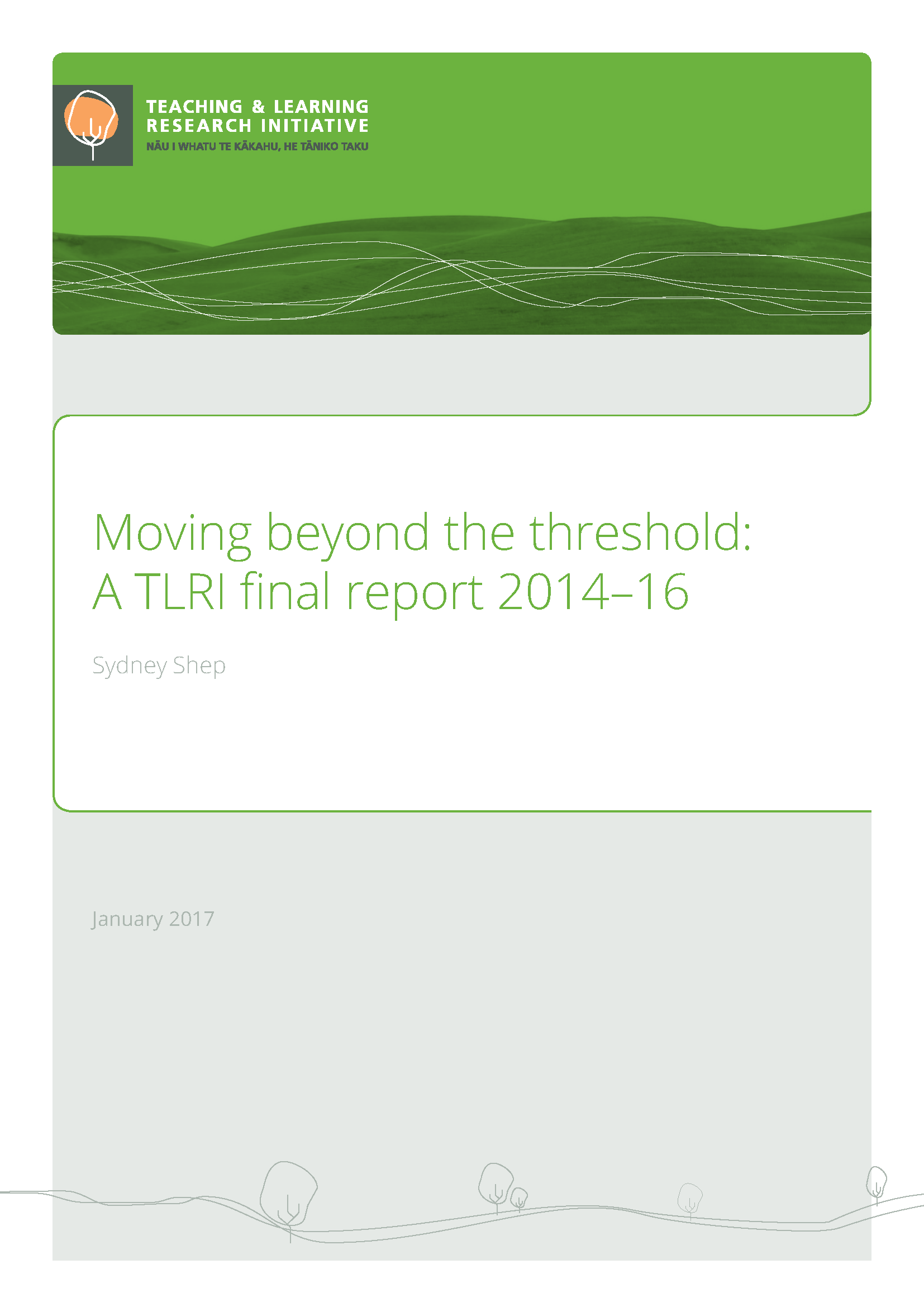
Moving beyond the threshold: A TLRI final report 2014–16
Introduction Moving beyond the threshold set out to interrogate what it means to think historically in the digital age (Tredinnick, 2013). How do university students and teachers use digital media to transform learning experiences? Do digital approaches present novel ways to engage with key historical concepts? Answers to these questions continue to be important and urgent; large-scale investment in educational resources and technology is based on the assumption that current and future students are or will become digitally literate, and that they know how to use digital media effectively and efficiently in inquiry-led and autonomous learning. There is little evidence to prove, however, that the so-called ‘net generation’ (Schulmeister, 2015; Tapscott,

